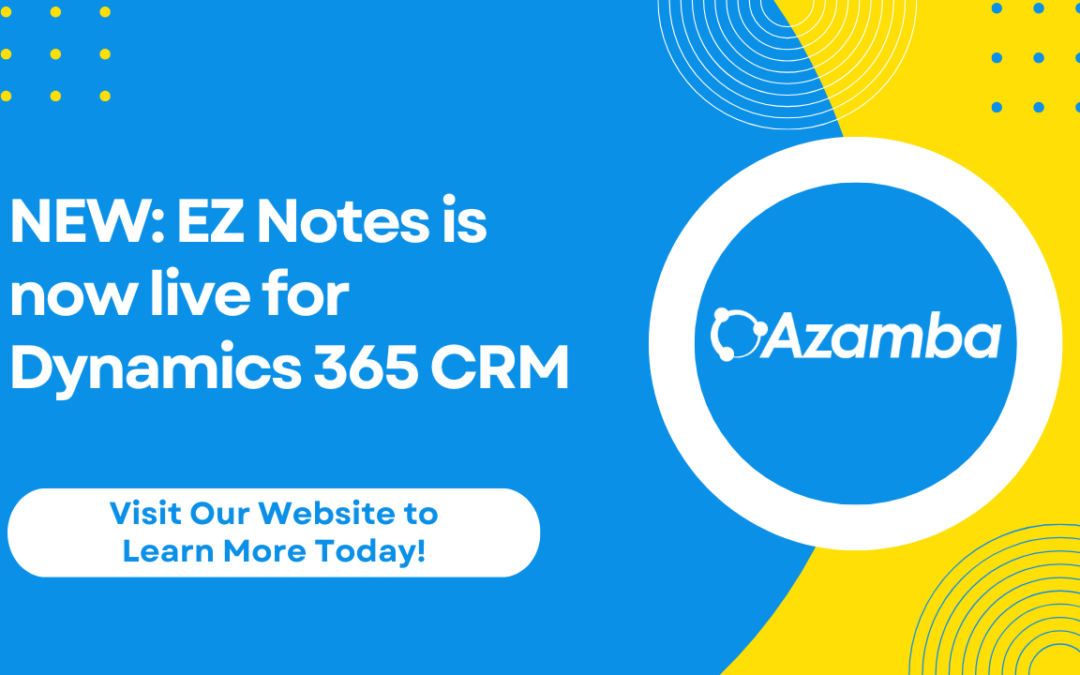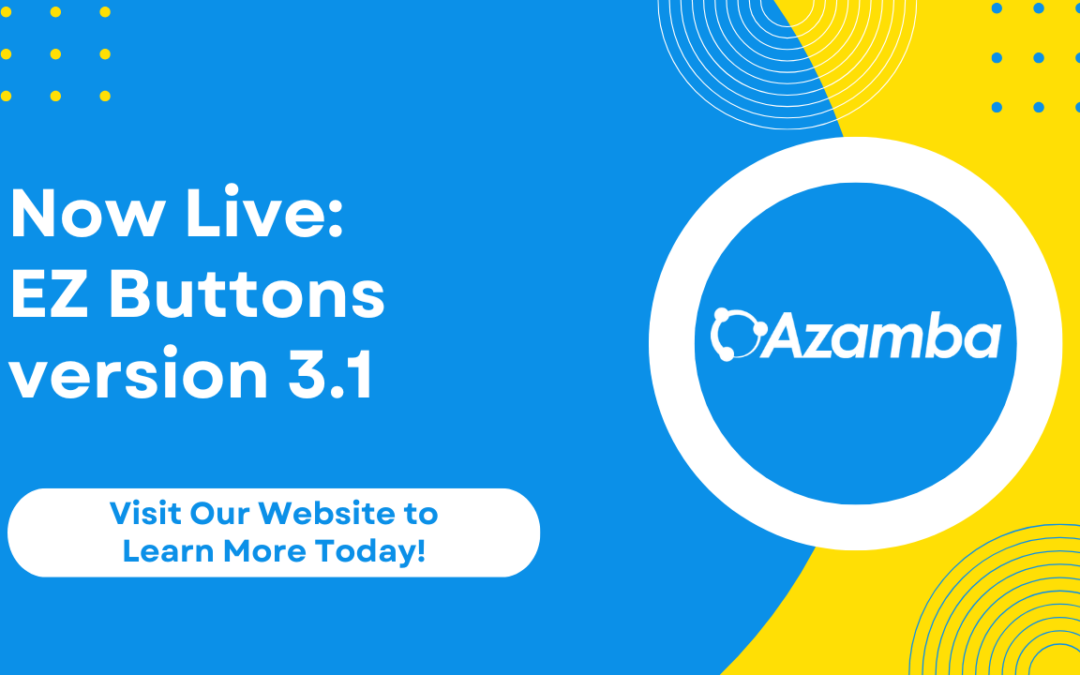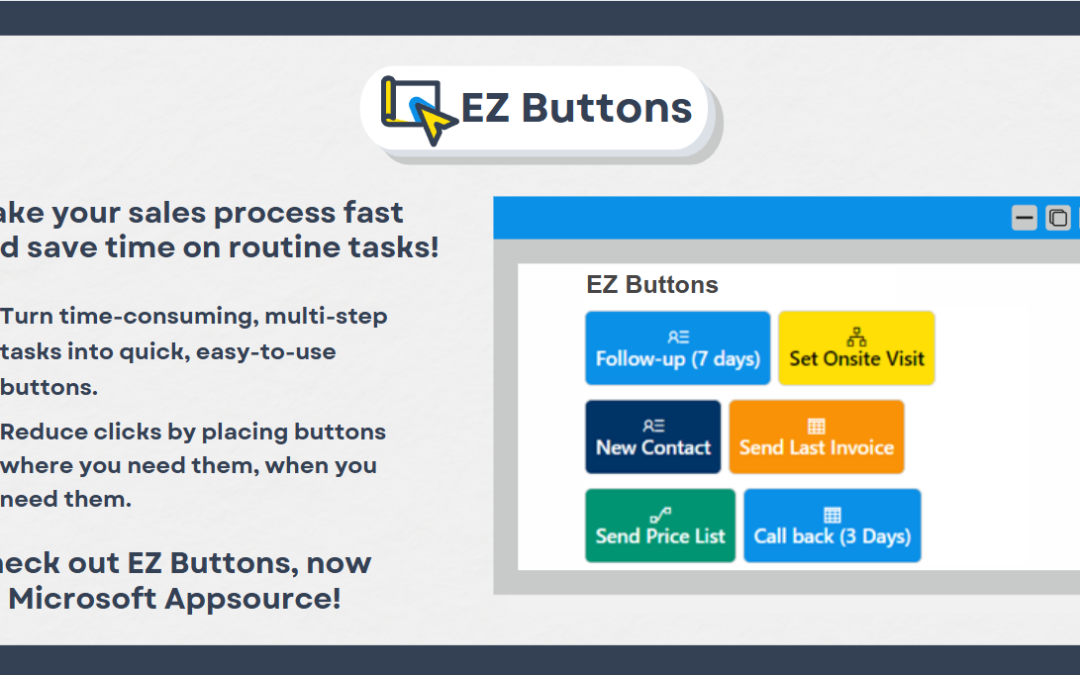Cloud vs. On-Premise CRM

Which is best for your business?
Just ten years ago, on-premise CRM represented the majority of the CRM market. According to a Software Advice study, 88% of CRM buyers preferred on-premise solutions in 2008. But by 2014, the numbers had flipped, and 87% preferred cloud CRM solutions.
The market has evolved similarly, with most industry-leading CRM providers offering cloud-based, SaaS CRM solutions, and many no longer offering on-premise software at all.
So which option should you choose?
Cloud-based and on-premise CRM systems offer two very different hosting models with different capabilities. Understanding the advantages and disadvantages of each requires a more granular analysis, and is critical to determining which model is best for your business.
Cloud-based CRM
Cloud-based CRM operates on a software as a service (SaaS) model, which means you do not purchase the software directly, but instead as a subscription service that typically includes updates, fixes, and support in addition to the CRM software and user licenses.
With cloud-based CRM, you or a service partner configure the CRM system, and then the software and your data are hosted on remote servers managed by your SaaS provider and accessible via an Internet connection.
Cloud-based CRM like Microsoft Dynamics 365 Customer Engagment is often the best choice for small and medium-sized businesses without the existing infrastructure, personnel, and/or up-front spending power to build and run both CRM software and dedicated internal servers.
It is also the more flexible option for businesses anticipating significant growth or changes over the life of their CRM.
Advantages
- Off-site hosting significantly reduces your up-front infrastructure costs. There is no need to purchase additional hardware or software before getting started, and there is no need to pay in-house developers to build and maintain the system and/or servers.
- The SaaS model significantly reduces up-front costs, and spreads the cost of ownership across the life of your CRM.
- The set-up time for cloud-based CRM is significantly shorter, especially for companies that do not already run their own servers
- Cloud-based CRM saves you the operating costs and responsibilities of running your own dedicated server. It is also more energy-efficient overall.
- Updates and maintenance are the responsibility of your SaaS provider. Your system stays current, which means less depreciation across the life of your CRM.
- For most companies, cloud-based CRM offers more uptime, and shorter, less disruptive downtime.
- Using the cloud makes your system and data more accessible to your team across large distances, and typically offers easier mobile access to CRM.
- Cloud-based systems scale comparatively easily as your needs change. They are quicker, easier, and cheaper to customize.
Disadvantages
- You don’t have complete visibility and control over your data. Realistically, the security risks of cloud-bases systems are very similar to those of on-premise systems. However, the regulatory laws your company operates under may make third-party hosting a deal-breaker.
- You don’t always get to decide when and whether to upgrade. Don’t like that new version or feature? Too bad; it’s yours.
- Because you are less likely to have dedicated CRM IT and maintenance staff, you may need your vendor or service partner to fix issues that would otherwise be routine.
- Downtime, while minimal, is out of your control.
On-premise CRM
On-premise CRM is installed and run on your company’s servers. You purchase the software and user licenses up front, and you host the system database.
With on-premise CRM, the bulk of the cost is up front, and updates and maintenance responsibilities fall largely on you. But you are in direct control of your system and data.
On-premise CRM is often the best choice for larger enterprises with the infrastructure, personnel, and up-front spending power to run internal servers and develop/maintain CRM software.
It is also the better option for businesses with legal or operational constraints that require full, on-site control over CRM data and/or high-level offline capabilities.
Advantages
- You have complete visibility and control over your security, setup, and data. You also have much more control over where users can access CRM. Depending on the regulatory laws your company operates under, this may be extremely important.
- On-premise CRM allows you to take advantage of existing infrastructure and dedicated IT staff. If you run into performance issues, you can sometimes fix them with more people or more hardware rather than updating or changing the system itself.
- Buying, running, and maintaining your own system can be more cost-effective for companies with large numbers of users. SaaS systems charge per user per month. This is a cost-effective model for smaller companies, but very large companies may find the SaaS model costs more in the long run than building and running their own dedicated server and system.
- These days, many on-premise CRM solutions are fully-customized systems built specifically for (and sometimes by) your company.
- Most on-premise systems offer greater offline functionality than cloud-based systems, and all reduce reliance on your ISP. If your CRM is in the cloud and your Internet connection fails, then your CRM just did, too.
- You choose when and whether to update, upgrade, or customize. You can continue to use a system that your users know and love long after a cloud-based system would have automatically updated.
Disadvantages
- The system is only accessible while your servers are running.
- Development, deployment, and upgrades are expensive and often time-consuming.
- Costs are front-loaded, which can create a sizeable barrier to entry.
- Many systems can’t be accessed from anywhere. If you need users to have CRM access on the go, you may need to invest in or develop a mobile app, which adds to your initial investment.
- Maintenance requires additional time, money, and personnel expenditures.
- Unless you keep pumping time and money into development and upgrades, your system won’t grow with your company, and you are likely to see higher depreciation over the life of your CRM system.
Are you ready to move to the cloud?
If you’re running an unsupported, on-premise Microsoft CRM system, you’re missing out on the power, support, and flexibility that make Microsoft Dynamics 365 an industry-leading CRM solution!
Talk to us today to learn more about the benefits of updating your system and migrating to the cloud!
Azamba Launches EZ Notes: A Smarter, Simpler Way to Take and Manage Notes in Dynamics 365 CRM
Chicago, IL – [March 19th, 2025] - Are messy, disorganized notes wasting your team’s time and leaving critical details lost in the shuffle? Do you spend more time searching for information than acting on it? EZ Notes is here to end the frustration and take the chaos...
Powerful New Updates to Accelerate Sales for Microsoft Dynamics 365 CRM Users
Chicago, IL – [March 5th, 2025] – Azamba is excited to announce the release of EZ Buttons 3.1. This powerful CRM Add-On for Microsoft Dynamics 365 simplifies tasks and makes CRM a breeze to use. With this CRM Add-On, you will work faster and smarter with less...
Azamba releases EZ Buttons 3.0!
Chicago, IL – [November 20th] - We are thrilled to bring you EZ Buttons 3.0, a game-changing update packed with powerful tools to streamline your sales process and help you get more done, faster. With EZ Buttons, turn time-consuming, multi-step tasks into quick,...
Microsoft Dynamics 365 Business Central + CRM Integration Demo | Dynamics Deep Dive Series
Stay Connected Without Switching Systems If your team is jumping between tools just to get a full picture of a customer or transaction, you’re losing time. You might even be missing opportunities. The integration between Microsoft Dynamics 365 and Business Central...
How to Track Your Goals and Metrics in Microsoft Dynamics 365 CRM | Dynamics Deep Dive Series
Set and Track Your Goals, All From CRM Goal tracking shouldn’t require extra work. If your team is still updating spreadsheets or switching between apps just to see where they stand, it’s time for something better. With Dynamics 365, you can monitor performance,...
Why MSP’s Should add CRM to their Solution Portfolios
We’re entering a new era in CRM. All the old reasons for customers buying CRM are still valid. But the advent of AI is making the case for renewed interest in CRM. To modify an adage, “If it’s interesting to my customers, then it is fascinating to me!”. AI is...
Boost Your MSP Earnings with Strategic Partnerships
Time is money, we’ve been told since childhood. The idea is that people should focus their attention on the things that bring value to them, and avoid the things that don’t. Since time is a precious resource, it makes sense to try and maximize its utility as it’s the...
CRM Launch in 5 Weeks – Get Results Fast!
New to CRM? Get it Right from Day One CRM is no longer a luxury. It’s an essential tool for businesses that want to stay competitive, responsive, and move fast. But for a lot of businesses, CRM quickly turns into a nightmare. Imagine this: You spend thousands of...
How Most CRM Projects Fail & Yours Won’t | CRM Strategy
Stop The Risk of Failure Before It Starts Did you know that, according to a Gartner study, between up to 70% of CRM implementations fail? If you're a small or medium-sized business, this can seriously impact your budget, and you could lose out on profitable...
Do This to Avoid Wasting Time and Money With Your CRM
CRM Strategy: The Key to Avoiding a Costly Mistake CRM can either be a game-changing investment for your business or a massive waste of time and money. The difference depends entirely on your approach. Like many businesses, you want to boost sales, increase customer...
David Marincic is Partner Experience Manager at Azamba. He also manages and edits Azamba publications and social media channels.
David believes in the importance of good planning, sound practice, effective communication, and continued education in order to get the most from any technology solution.
Related articles:

Azamba Launches EZ Notes: A Smarter, Simpler Way to Take and Manage Notes in Dynamics 365 CRM
Chicago, IL – [March 19th, 2025] - Are messy, disorganized notes wasting your team’s time and leaving critical details lost in the shuffle? Do you spend more time searching for information than acting on it? EZ Notes is here to end the frustration and take the chaos...

Powerful New Updates to Accelerate Sales for Microsoft Dynamics 365 CRM Users
Chicago, IL – [March 5th, 2025] – Azamba is excited to announce the release of EZ Buttons 3.1. This powerful CRM Add-On for Microsoft Dynamics 365 simplifies tasks and makes CRM a breeze to use. With this CRM Add-On, you will work faster and smarter with less...

Azamba releases EZ Buttons 3.0!
Chicago, IL – [November 20th] - We are thrilled to bring you EZ Buttons 3.0, a game-changing update packed with powerful tools to streamline your sales process and help you get more done, faster. With EZ Buttons, turn time-consuming, multi-step tasks into quick,...

Powerful New Updates to Accelerate Sales for Microsoft Dynamics 365 CRM Users
Chicago, IL – [March 5th, 2025] – Azamba is excited to announce the release of EZ Buttons 3.1. This powerful CRM Add-On for Microsoft Dynamics 365 simplifies tasks and makes CRM a breeze to use. With this CRM Add-On, you will work faster and smarter with less...

